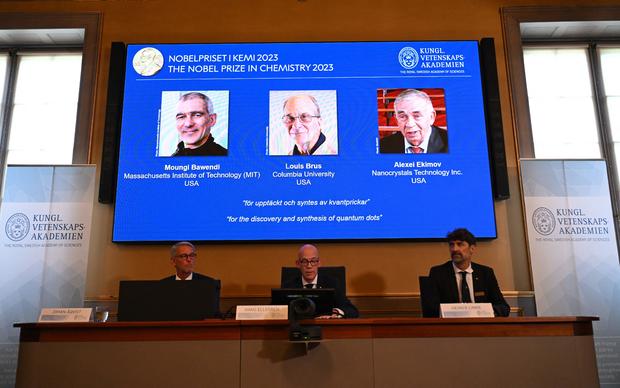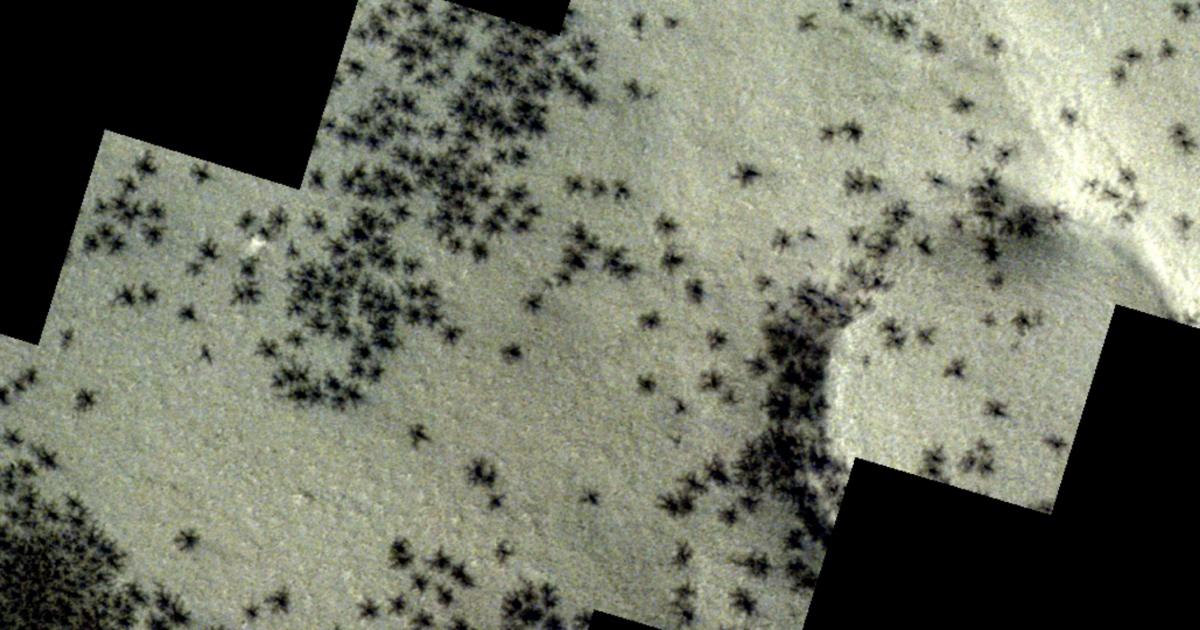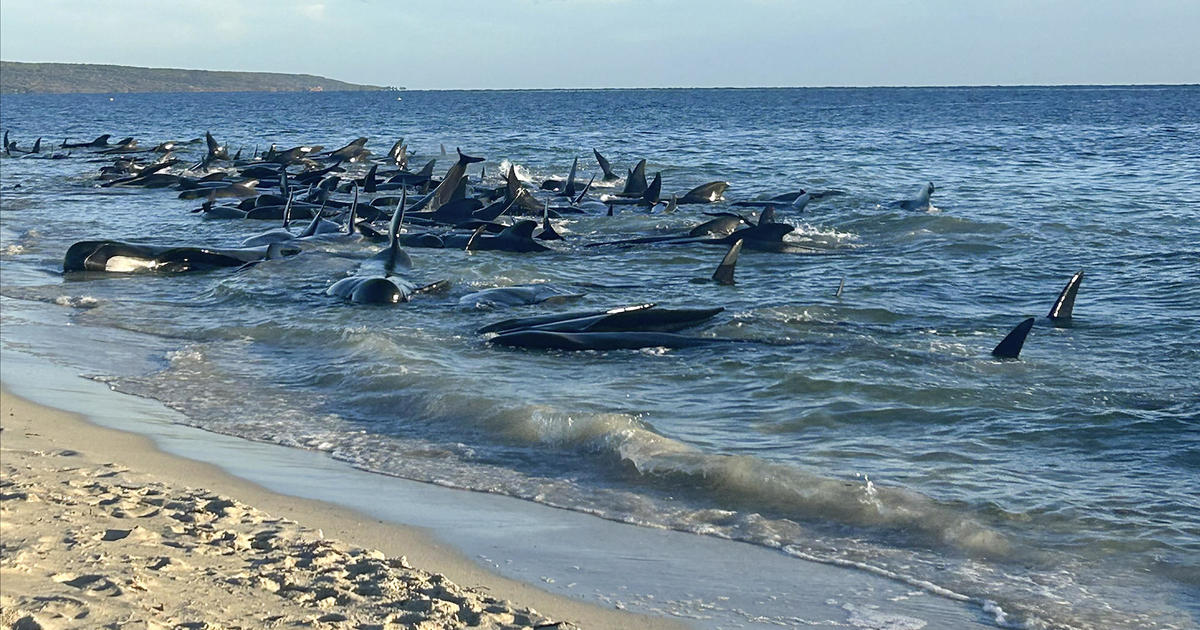3 announced as winners of Nobel chemistry prize after their names were leaked
Stockholm — Three scientists won the Nobel Prize in chemistry for their work on tiny quantum dots.
Moungi Bawendi, of MIT, Louis Brus, of Columbia University, and Alexei Ekimov, of Nanocrystals Technology Inc., were honored for their work with the tiny particles that are just a few atoms in diameter and whose electrons have constrained movement. This effects how they absorb and release visible light, allowing for very bright colors. They're used in many electronics, such as LED displays.
"These tiny particles have unique properties and now spread their light from television screens and LED lamps. They catalyze chemical reactions and their clear light can illuminate tumor tissue for a surgeon," according to the Royal Swedish Academy of Sciences, which announced the award in Stockholm.
In a highly unusual turn of events, Swedish media reported the names of the winners before the prize was announced.
"There was a press release sent out for still unknown reasons. We have been very active this morning to find out exactly what happened," Hans Ellegren, the secretary-general of the academy, told the news conference where the award was announced. "This is very unfortunate; we do regret what happened."
Heiner Linke, an expert on the Nobel Committee for chemistry, told Swedish newspaper Dagens Nyheter that no decision had been made Wednesday morning and that if a press release had gone out it would "definitely" have been a mistake.
The Royal Swedish Academy of Sciences, which awards the physics, chemistry and economics prizes, asks for nominations a year in advance from thousands of university professors and other scholars around the world.
A committee for each prize then discusses candidates in a series of meetings throughout the year. At the end of the process, the committee presents one or more proposals to the full academy for a vote. The deliberations, including the names of nominees other than the winners, are kept confidential for 50 years.
On Tuesday, the physics prize went to French-Swedish physicist Anne L'Huillier, French scientist Pierre Agostini and Hungarian-born Ferenc Krausz for producing the first split-second glimpse into the superfast world of spinning electrons.
The tiny part of each atom races around the center and is fundamental to virtually everything: chemistry, physics, our bodies and our gadgets.
Last year, Americans Carolyn R. Bertozzi and K. Barry Sharpless, and Danish scientist Morten Meldal were jointly awarded the Nobel Prize in chemistry for developing a way of " snapping molecules together" that can be used to explore cells, map DNA and design drugs that can target diseases such as cancer more precisely.
The chemistry prize means Nobel season has reached its halfway stage. The prizes in literature, peace and economics follow, with one announcement every weekday until Oct. 9.
The Nobel Foundation raised the prize money by 10% this year to 11 million kronor (about $1 million). In addition to the money, winners receive an 18-carat gold medal and diploma when they collect their Nobel Prizes at the award ceremonies in December.




